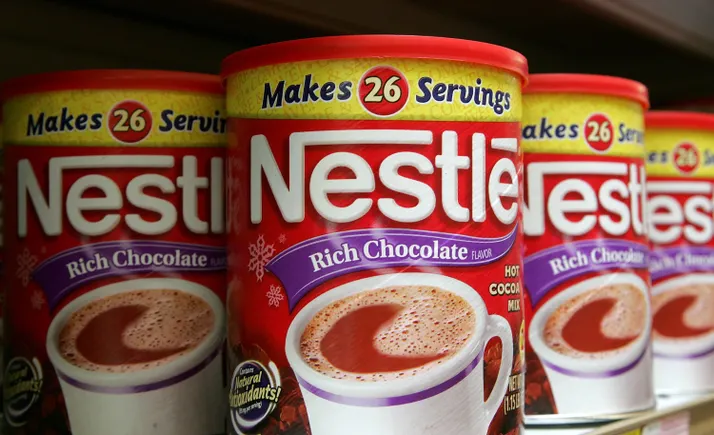Nestlé, the multinational food and beverage company known for brands like Hot Pockets and Nescafe, is making changes to how it reports the nutritional value of its products. This decision comes in response to criticism that the company is not doing enough to promote healthier food options.
In a recent post on LinkedIn, Nestlé CEO Laurent Freixe announced that the company will be evolving its nutrition reporting to align with the Access to Nutrition initiative. This initiative advocates for a healthier food supply and aims to provide consumers with more transparent information about the nutritional content of food products.
As part of this new approach, Nestlé will include a sales-weighted average measure for relevant categories and its total portfolio. The company will continue to use the Health Star Rating system as the basis for its nutrition profile reporting.
The decision to improve reporting comes after criticism from ShareAction, an investment non-profit, which raised concerns about how Nestlé measures and reports sales from nutritious products. ShareAction called on Nestlé to set targets for increasing the proportion of sales from healthier products, but Nestlé shareholders voted against this proposal.
Following a meeting with ShareAction investors in late 2024, Freixe agreed to enhance transparency in reporting. The goal is to make it easier for investors to compare companies and their portfolios within the food industry.
ShareAction praised Nestlé’s decision to improve transparency on healthy product sales, noting that it sets a high standard for the industry on health and nutrition reporting. The organization called on other food and beverage companies to follow Nestlé’s lead and take responsibility for their role in promoting healthier eating habits.
The move towards more transparent reporting on nutrition comes at a time when consumers are increasingly looking for healthier food options. Poor dietary choices have been linked to various health issues, including diabetes and heart disease. The World Obesity Organization estimates that the economic impact of overweight and obesity will exceed $4 trillion by 2035.
In 2023, Nestlé reported that 37% of its net sales, excluding pet care and specialized nutrition, came from products considered healthy based on the Health Star Rating system. The company also pledged to increase sales of more nutritious items by $21.8 billion to $27.3 billion by the end of the decade, representing a 50% growth over its 2022 sales.
Overall, Nestlé’s commitment to improving transparency and promoting healthier food options reflects a growing trend in the food industry towards greater accountability and sustainability. The company’s efforts may serve as a model for other companies looking to enhance their nutritional reporting and contribute to a healthier food system.


